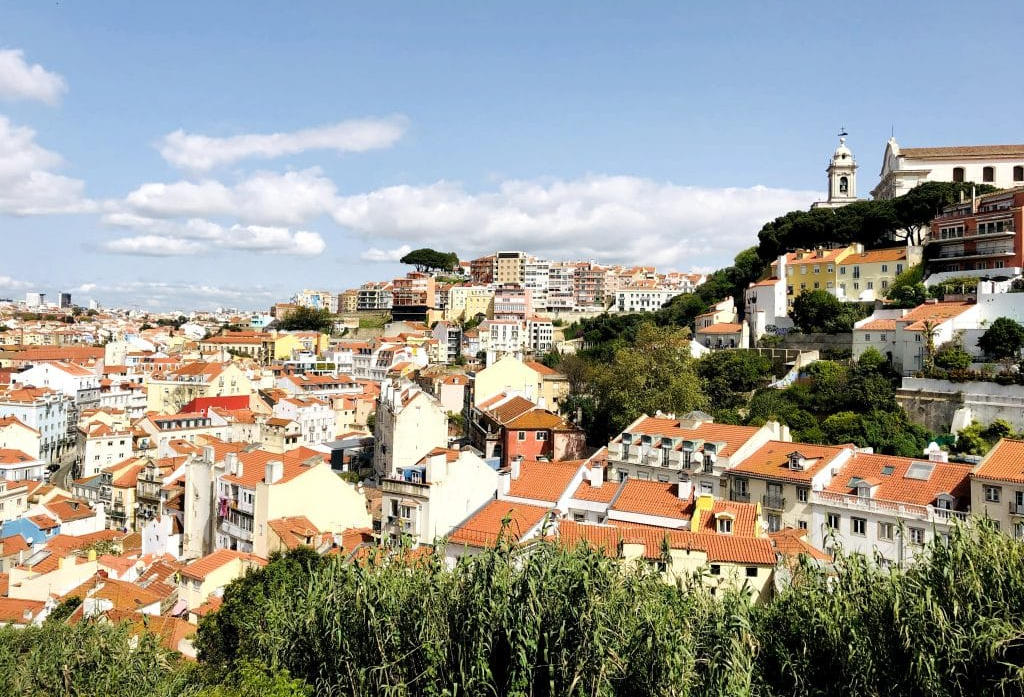Walking through the streets of Mouraria, one can feel the echoes of its Moorish past. The neighborhood's architecture reflects a blend of styles, with traditional Portuguese houses adorned with decorative tiles and wrought iron balconies coexisting alongside traces of Moorish influences, such as intricate stonework and arches. The contrasting styles create a unique visual tapestry that is a feast for the eyes.
Mouraria has long been a haven for musicians, poets, and artists, making it a cultural hub in Lisbon. Fado, Portugal's traditional music genre, finds its roots in this neighborhood. The soulful melodies and heartfelt lyrics of Fado resonate through the narrow streets, and visitors can often find impromptu performances in local taverns or during neighborhood festivals. Mouraria has produced renowned Fado singers and continues to nurture new talent, ensuring that this musical tradition thrives.
Beyond its musical heritage, Mouraria is a melting pot of different cultures and ethnicities. Over the years, the neighborhood has become a hub for immigrants from various parts of the world, including Asia, Africa, and Latin America. This multicultural blend has infused Mouraria with a vibrant energy and a diverse culinary scene. Walking through the neighborhood, one can savor the aromas of exotic spices wafting from small eateries serving authentic dishes from different corners of the globe.
Exploring Mouraria reveals hidden gems at every turn. The neighborhood is home to several traditional shops, where artisans practice age-old crafts and sell unique handicrafts. From ceramics to embroidery, these skilled craftsmen and women keep ancient traditions alive and provide visitors with a chance to take home a piece of Mouraria's heritage.
Lisbon.vip Recommends
While Mouraria is becoming increasingly popular among tourists, it has managed to retain its authenticity and avoid excessive commercialization. This allows visitors to experience the genuine character of the neighborhood and engage with its residents on a personal level. Mouraria invites visitors to step off the beaten path and discover the hidden treasures that lie within its ancient walls.
In conclusion, the Moorish Quarter of Lisbon, Mouraria, is a neighborhood that encapsulates the rich cultural heritage of the city. Its winding streets, architectural marvels, and vibrant community create an immersive experience for anyone willing to explore its hidden corners. Mouraria stands as a testament to Lisbon's multicultural past, where history and tradition blend seamlessly with contemporary art, music, and cuisine. A visit to this enchanting neighborhood is a journey through time and a celebration of diversity, leaving visitors with lasting memories of a truly unique Lisbon experience.
Map View



